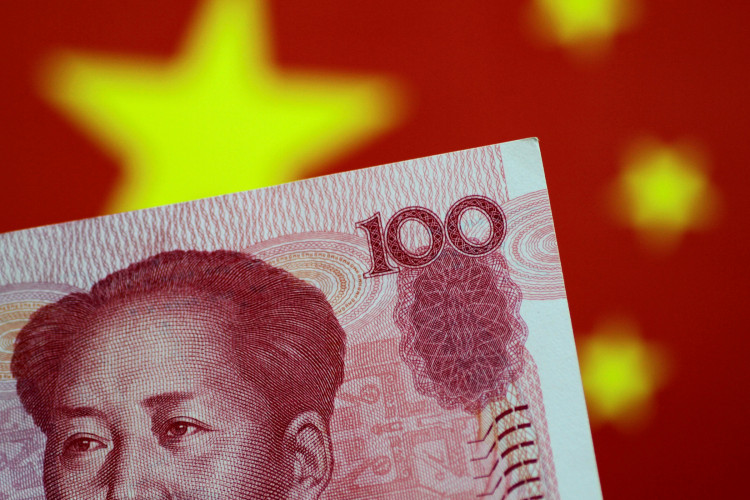China's finance ministry is set to commence the issuance of 1 trillion yuan ($138 billion) in long-awaited, long-term special treasury bonds this week to raise funds for stimulating key sectors of its struggling economy. The ministry confirmed that the bonds, with tenors ranging from 20 to 50 years, will begin issuance on May 17, following reports from four sources with direct knowledge of the plans.
The bond issuance will be divided into 300 billion yuan worth of 20-year bonds, 600 billion yuan worth of 30-year bonds, and 100 billion yuan worth of 50-year bonds. Premier Li Qiang urged officials to make effective use of the ultra-long special treasury bonds to support the implementation of major national strategies and build security capabilities in key areas during a virtual meeting on Monday.
Li emphasized the need for coordinated arrangements for key tasks in the coming years, as well as better coordination between government investment and social capital. The bond issuance details have been eagerly awaited by market participants since the announcement of the special treasury bonds during China's parliamentary conference in March.
Despite the anticipated supply of bonds, which typically exerts downward pressure on prices, the news had a minimal impact on bond yields. The yield on 30-year bonds fell by a mere 2 basis points to 2.55%, bringing the year-to-date decline to 30 basis points. Zou Wang, an investment director at Shanghai Anfang Private Fund Management, noted that the market had already priced in the bond issuance and now expects the central bank to provide liquidity support through interest rate and reserve requirement cuts.
The finance ministry outlined the timeline for the bond issuance, with 30-year special bonds to be sold in 12 tranches from May 17 to Nov. 15, 20-year bonds in seven batches beginning May 24, and 50-year bonds in three tranches starting May 17. This announcement comes on the heels of data showing that new bank lending in China fell more than expected in April, while broad credit growth hit a record low.
The expansion of outstanding total social financing (TSF), a comprehensive measure of credit and liquidity in the economy, slowed to a record low of 8.3% in April, down from 8.7% in March. Although China's economy grew at a faster-than-expected 5.3% pace in the first quarter, providing some relief to officials grappling with a property downturn and local government debt, indicators suggest that domestic demand remains weak, weighing on overall economic momentum.
The bond issuance is part of China's efforts to ramp up fiscal support for the economy, as announced during the National People's Congress in March. This marks only the fourth such sale in the past 26 years, with the most recent one occurring in 2020 when authorities issued 1 trillion yuan worth of bonds to fund pandemic response measures.
Ding Shuang, chief economist for Greater China and North Asia at Standard Chartered, believes that the central debt sale will help accelerate fiscal spending, which has been slow thus far. He expects the People's Bank of China to lower banks' reserve requirement ratios to ensure ample liquidity, forecasting a 25-basis point reduction to coincide with the bond sale, which could increase the likelihood of a loan prime rate cut.





